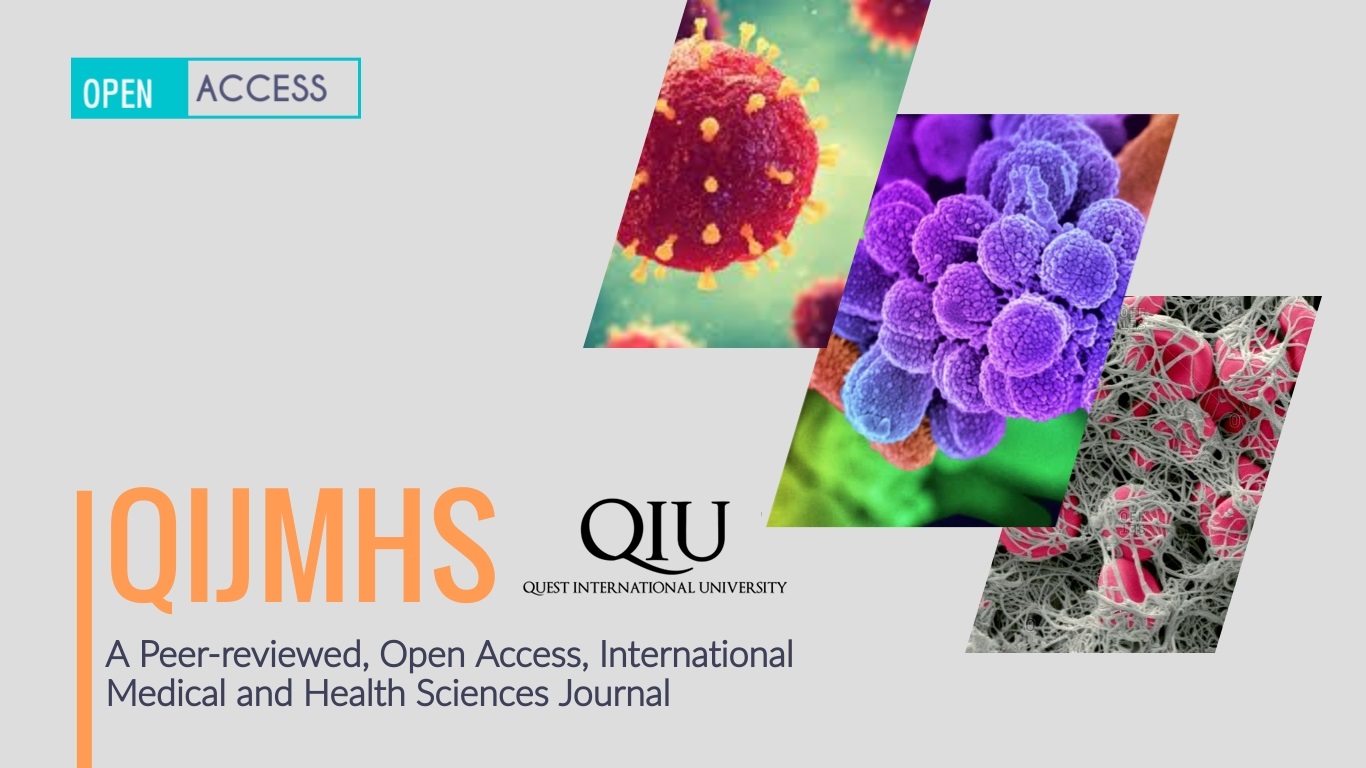Knowledge, attitude, and practice of artificial intelligence (AI) among medical students: A cross-sectional study from Ipoh, Perak
Abstract
Introduction:
Artificial intelligence (AI), replicates human intelligence, is increasingly gaining attention in higher education to address traditional educational challenges. AI offers vast potential for implementation in pathology, cardiology, radiology, and dermatology. Its potential to revolutionise the current medical practices in these areas is significant. This study aims to explore the knowledge, attitude, and practice (KAP) of AI among medical students at Quest International University in Malaysia.
Methods:
A cross-sectional descriptive study was conducted at the Faculty of Medicine, Quest International University (QIU) from January 2024 to March 2024. A structured questionnaire was distributed among the medical students of QIU, where 53 students responded to the questionnaire and participated in this research.
Results:
All students had an idea about AI, but only 54.7% were aware of the subtype classification of AI. Regarding the AI application in medical fields, radiology, and Pathology, the vast majority were unaware 73.6%, 71.7%, and 73.6% respectively. Indians have significantly good knowledge compared to other ethnicities [Chi(df) = 12.95 (4), P value = 0.005]. The majority of the students agreed upon the essentiality 48(90.6%), inclusion of AI in the medical curriculum and specialist training 44(83%), early diagnosis and disease assessment 40(75.5%), AI essentiality in radiology 36(67.9%), Pathology 38(71.7%).
Conclusion:
There is a need for training in AI which will improve the knowledge of AI and influence their attitudes towards using it in medicine. Achieving widespread and flawless AI in medicine is challenging, but a collaborative effort between education institutions and government organisations may help improve the scenario.
Copyright (c) 2024 Kam Xoong Qin, Nameera Ahmad, Kinza Soomro, Yogaiswaaran Shedu, Taonga Dora Singogo, Ali Jumah Rasheed

This work is licensed under a Creative Commons Attribution 4.0 International License.





